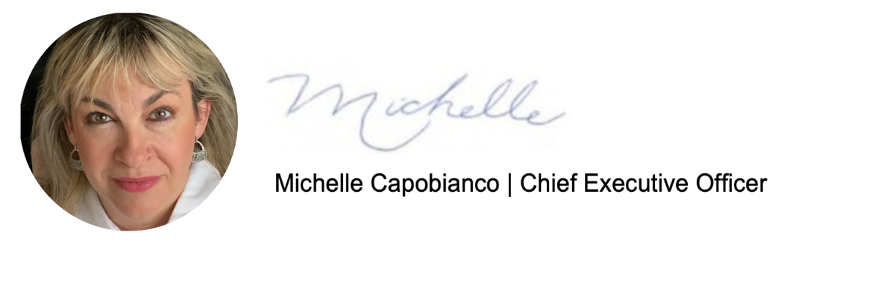
Chapter Three: The Importance of Second Opinions
Tuesday, February 8, 2022
My oncologist next said I needed to see an endocrinologist to discuss options. I didn’t want to have that discussion as I knew which option I wanted. I wanted to have the other half of my thyroid removed. I was not open to a “wait and see” attitude. Nevertheless, I called the endocrinologist and was told there was a six-month waitlist. This was not ok with me.
In my role as CEO of PCC, I am often asked who the pancreatic cancer specialists are in Canada. Therefore I called the President of Thyroid Cancer Canada, Sarah Eadie, to ask her for the name of an endocrinologist she would recommend. I then did what so many Canadians are forced to do if they have the means: turn to private healthcare for a more timely referral. I was able to then see an endocrinologist five weeks after my initial diagnosis.
It was also important for me to get a second opinion. This is something that I always bring up as an option to pancreatic cancer patients. Though diagnosis numbers are rising, pancreatic cancer is still considered relatively rare, which means that some doctors have more experience with the disease and knowledge on current treatment options than others. Likewise some surgeons will choose to operate when others feel that they cannot.
After her diagnosis, Céleste* was afraid to get a second opinion. “What if it makes my doctor mad?” This is something I hear often: patients concerned that a second opinion would negatively impact the relationship they have with their doctor during an already challenging time. It is understandable to want to have a strong and supportive relationship with the person who is providing you care; however, a second opinion could offer more effective treatment recommendations, or at the very least provide peace of mind on how to move forward. There is no room in our healthcare system for outsized egos to become offended if you have been given mere months to live and want to make sure. For some patients I have spoken with, a second opinion has saved their life.
Richard’s tumour had caused a blocked bile duct, which resulted in severe jaundice. He sought information to deal with the pain. A few of Richard’s friends consulted doctors in their networks who suggested that inserting a stent could help with pain relief but doing so might push him to the back of the line for surgery or impact whether he would qualify for surgery at all. “Patients often have to make life-saving decisions but rarely have all the facts to do so,” Richard said. “But with this cancer every minute counts.”
If Richard had chosen to control his pain with a stent, the surgery needed to save his life would be less of a priority, giving the cancer an opportunity to continue growing. It should not fall to patients, who are already dealing with the stress of fighting for their lives, to have to drive solutions for their own care, but until the silos within our healthcare system break down, patients need all of the information, consultation, and advocacy they can get. This is one of the reasons why we created our free Ask An Expert program: to answer questions about pancreatic cancer, provide direction on how to get a second opinion, and support peace of mind as treatment decisions are being made. If you have questions about pancreatic cancer, or concerns about getting a second opinion, reach out to our Ask An Expert program today.
*Pancreatic cancer can be an intensely personal experience, particularly when a patient is still undergoing treatment. With this in mind, we have gathered the experiences of several patients navigating a stage II pancreatic cancer diagnosis, and will present them here in the coming weeks as the story of Céleste.


Recent Comments